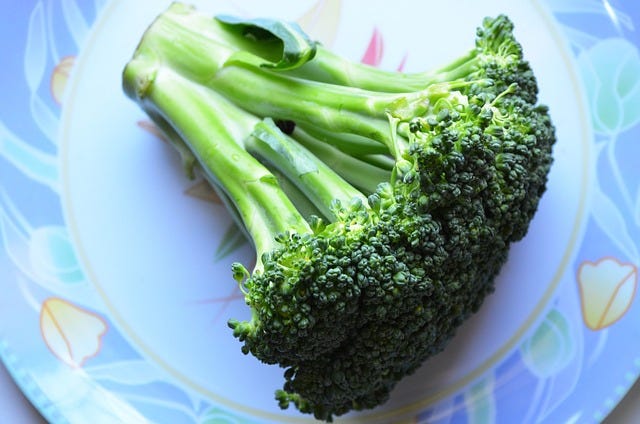Vitamin K1 vs. K2: What's the Difference and Why Both Matter
Vitamins are essential nutrients that our bodies need to function correctly. While many vitamins get the attention they deserve, vitamin K is a vitamin people often overlook. But this nutrient is critical in maintaining our health, particularly blood clotting and bone health. Vitamin K comes in two forms: K1 and K2. While both types are essential, they have different functions in the body.
Vitamin K1, phylloquinone, is found in leafy green vegetables like spinach, kale, and broccoli. It's also present in some plant oils, such as soybean and canola. Vitamin K1 is vital for blood clotting, as it helps produce the necessary proteins. Without enough vitamin K1, your blood may not clot properly, leading to excessive bleeding.
On the other hand, vitamin K2, also known as menaquinones, is found in animal products like meat, dairy, and eggs, as well as in fermented foods like natto (a Japanese dish made from fermented soybeans). Vitamin K2 is more absorbable than K1 and plays a role in bone and cardiovascular health.
Vitamin K2 improves bone density and reduces fracture risk, particularly in postmenopausal women. Vitamin K2 is involved in calcium transport, essential for bone health. Without enough vitamin K2, calcium can accumulate in blood vessels and other soft tissues, leading to calcification and increased risk of cardiovascular disease.
While vitamin K1 is more abundant in our diets than vitamin K2, some experts believe many people may need more vitamin K2 because vitamin K2 is found in fewer healthy food options and may not absorb as efficiently as vitamin K1. As a result, some people may benefit from vitamin K supplements to ensure they get enough of both types of vitamin K.
While vitamin K deficiency is rare in adults, it can occur in certain conditions or due to certain medications that interfere with vitamin K absorption. The recommended daily intake for vitamin K is 120 mcg for men and 90 mcg for women. While this recommendation concerns vitamin K1, some experts suggest that K1 and K2 be separated into separate RDIs to ensure adequate intake.
In infants, vitamin K deficiency is more common and can lead to a condition called VKDB, or vitamin K deficiency bleeding. That is why newborns are often given a vitamin K injection shortly after birth.
In summary, vitamins K1 and K2 play essential roles in our health. While vitamin K1 is more abundant in our diets, vitamin K2 may be more important for specific functions, such as bone and cardiovascular health. While most people can get enough vitamin K from their diets, some may benefit from supplements to ensure they get enough of both types of vitamin K.




